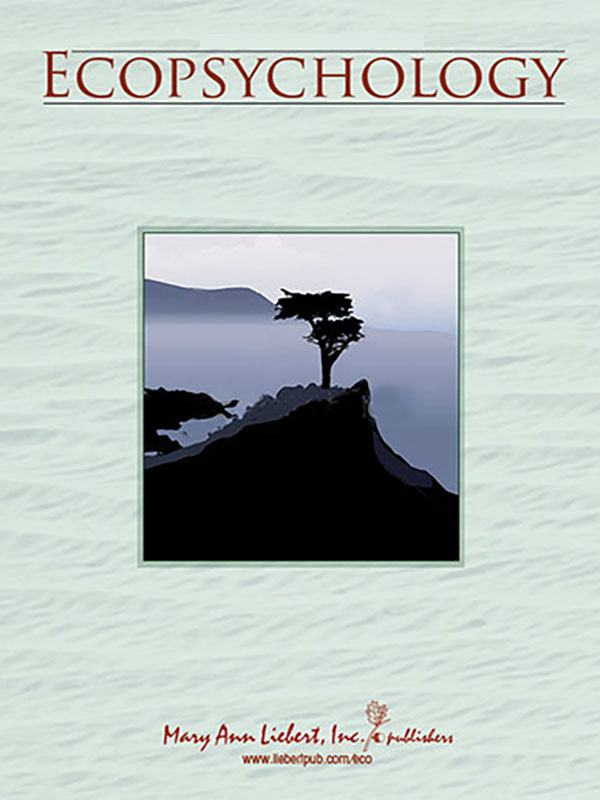Research Article
Development and Validation of an Attitude Toward Spending Time in Nature Scale
Publication Date:
DOI: https://doi.org/10.1089/eco.2022.0017
Abstract
Time spent in nature (TSN) is related to improved health and well-being; however, many adults spend little time in nature. Interventions based on health behavior theories may be effective at increasing TSN. Attitudes toward a behavior have been shown to be a strong predictor of both intention and behaviors, but valid and reliable measures regarding these attitudes are lacking. The study aim was to develop a valid and reliable attitude toward TSN scale. This scale was developed using a sequential procedure: domain identification and item generation, content validity, question pretesting, survey administration, item reduction, factors extraction, dimensionality, reliability, and validity. The investigative team generated 49 unique items. Content validity and pretesting reduced the item set to 21. A countrywide sample of 2109 adults (50.3% male, median age = 58.1; 38.8% non-White) completed an online survey. Using split-half measures, principal components analysis indicated a three-factor solution: positive attitudes, negative attitudes, and concerns about being in nature. The factor structure was upheld in confirmatory factor analyses with strong internal consistency (α = 0.92 positive attitudes; 0.84 negative attitudes; 0.84 concerns). The scales were strongly related to intentions and TSN with large effect sizes. The study resulted in a reliable and valid three-factor attitudes toward spending time in nature scale that could be used to develop interventions to increase TSN.
